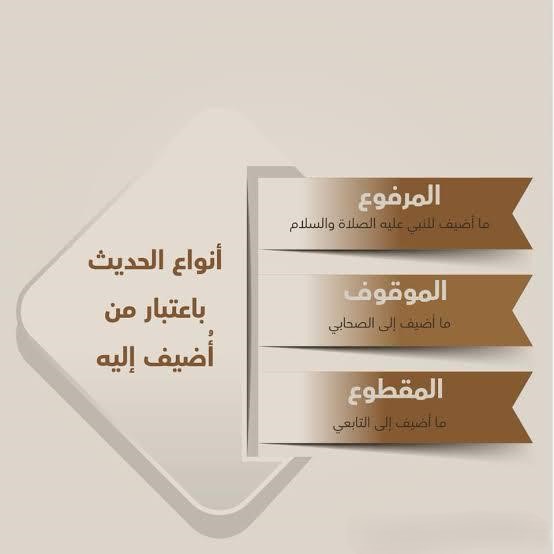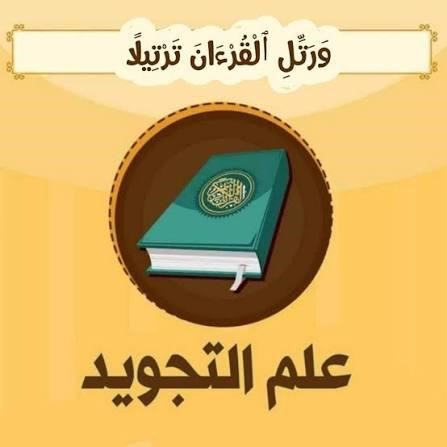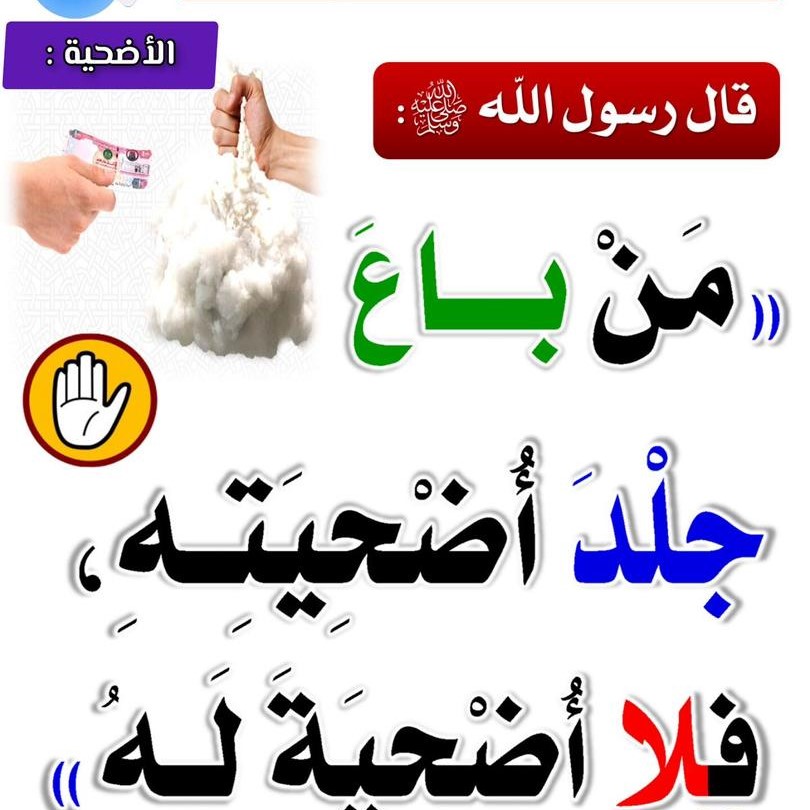
Most important things to know about Ḥadīth
At Mudkhalul Karīm, we guide the students by introducing the sayings, actions, and approvals of Prophet Muhammad (S.A.W), focusing on the "sciences of Ḥadīth" (ʿUlūmul Ḥadīth) which includes the methods for authenticating and understanding Ḥadīth. We cover key concepts, historical context, terminology, prominent collections, and the practical application of Ḥadīth in our daily life, from faith to ethics.
Courses are available at various levels, from beginner-friendly introductions to advanced programs for in-depth study.
Prerequisites for this course:
- Ready to learn
- Smartphone
- Laptop (Optional)
- Completion of Al-Qurʾān
How It Works
Learn Ḥadīth (Sayings of the Prophet) in just three(3) months for as low as ₦300,000
Course Details:
- Course Duration: Three(3) months
- Lecture Duration: One(1) hour daily, Monday-Friday
- Course Fee: ₦300,000 with flexible payment options
Learning Procedure:
- Month 1 - 3: Deep study & completion of Kitāb "TaysĪrul ʿUlām (Sharḥu ʿUmdatul Aḥkām)"
Payment Terms:
- 50% down payment is required mandatory
- Payment can be spread over 2 months
Join us now to enhance your Ḥadīth skills!

At the end of this course, students should be able to understand:
- Foundational Knowledge: Students should be able to understand the role of Ḥadīth as a primary source of Islamic guidance, second only to Al-Qurʾān.
- Ḥadīth Sciences: Students should be able to understand the methods used to study Ḥadīth, including terminology, classification of narrations, and principles of interpretation.
- Authentication & Transmission: Students should be able to understand the rigorous process used by Muslim scholars to verify the authenticity of Ḥadīth, including the study of the chain of narrators (isnād) and the texts (matn).
- Historical Context: Students should be able to provides an overview of the historical development and preservation of Ḥadīth collections.
- Practical Application: Students should be able to understand the study of Ḥadīth to contemporary life by exploring its teachings on faith, worship, manners, and social ethics.






